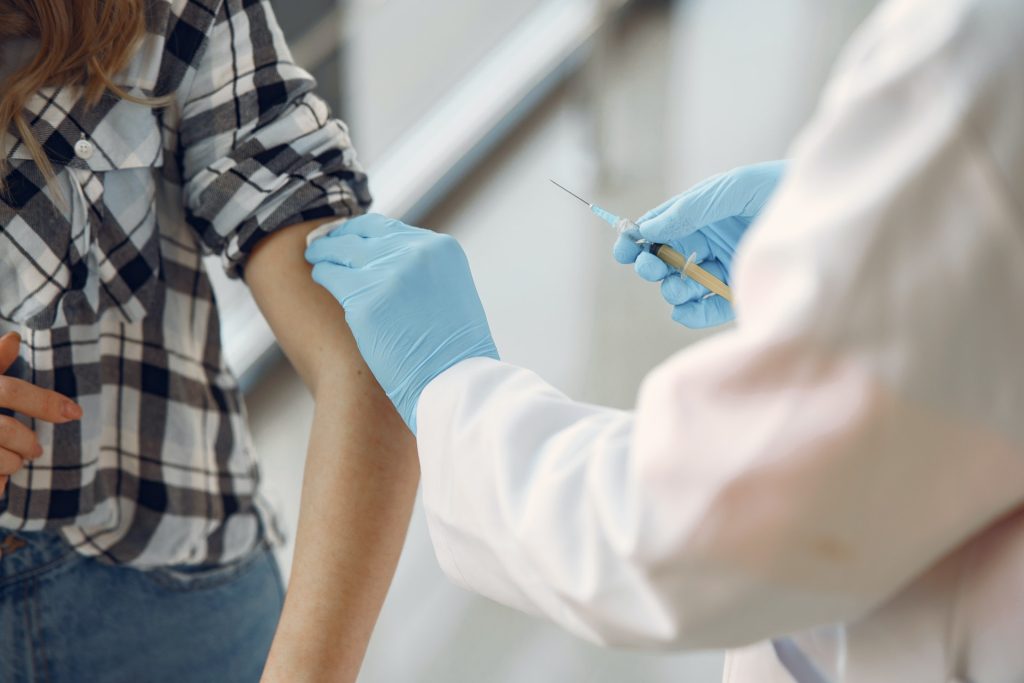Novel Nasal Spray for Migraines Approved by FDA

Impel NeuroPharma announced that the US Food and Drug Administration (FDA) approved TRUDHESA™ (dihydroergotamine mesylate) nasal spray (0.725 mg per spray) for the acute treatment of migraine with or without aura in adults.
The innovative system delivers dihydroergotamine mesylate (DHE) through the vascular-rich upper nasal space, bypasses the gut and potential absorption issues, offering rapid, sustained, and consistent symptom relief without injection or infusion, even when administered hours after a migraine attack starts.
During the Phase 3, open-label, pivotal safety study, STOP 301, more than 5,650 migraine attacks were treated over 24 or 52 weeks during the study. The primary objective of the study was to assess the safety and tolerability of TRUDHESA. TRUDHESA was generally well tolerated and exploratory efficacy findings showed it provided rapid, sustained, and consistent symptom relief. STOP 301 reported TRUDHESA offered consistent efficacy even when taken late into a migraine attack.
“Many of my patients need more from their migraine treatment, and TRUDHESA offers a non-oral, fast-acting, reliable option that overcomes many current medication challenges,” said Stephanie J. Nahas-Geiger, MD, MSEd, Associate Professor in the Department of Neurology, and Program Director of the Headache Medicine Fellowship Program, Thomas Jefferson University. “Its upper nasal delivery circumvents the GI tract and common phenomena associated with migraine, such as nausea and gastroparesis, that can impact the effectiveness of oral treatments. And, importantly, it is a self-administered, single dose that can be taken anytime during a migraine attack, so patients don’t need to worry about missing the opportunity to benefit from using TRUDHESA within a certain timeframe. I think patients will be very receptive to this treatment, because it pairs the long-proven benefits of DHE with a patient-friendly delivery system.”
There were no serious adverse events were observed in the study, and most adverse events were mild and transient in nature.
In the STOP 301 study, patient-reported efficacy showed that 38% of patients had pain freedom, 66% had pain relief, and 52% had freedom from their most bothersome migraine symptom at two hours after their first dose of TRUDHESA. In 16% of patients, pain relief started as early as 15 minutes. Of patients who were pain free at two hours, 93 percent were still pain free at 24 hours, and 86 percent were still pain free through two days. The great majority of patients (84%) reported that TRUDHESA was easy to use10 and preferred it over their current therapy.
Source: Impel NeuroPharma






